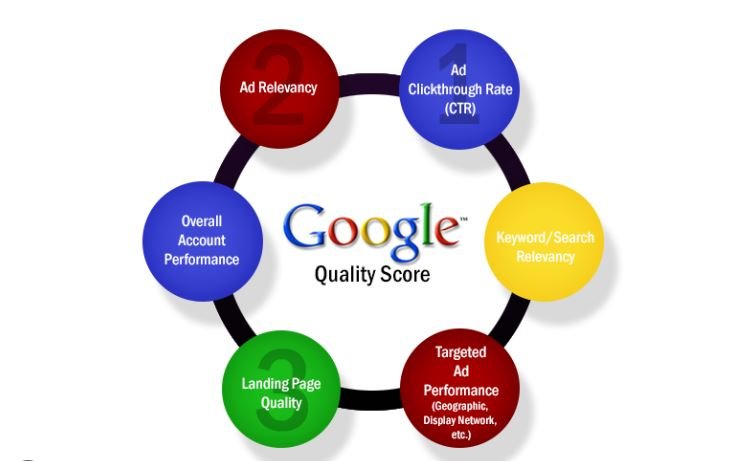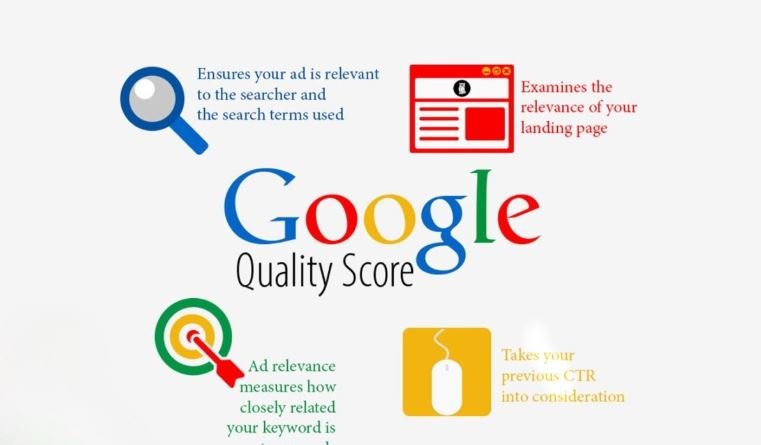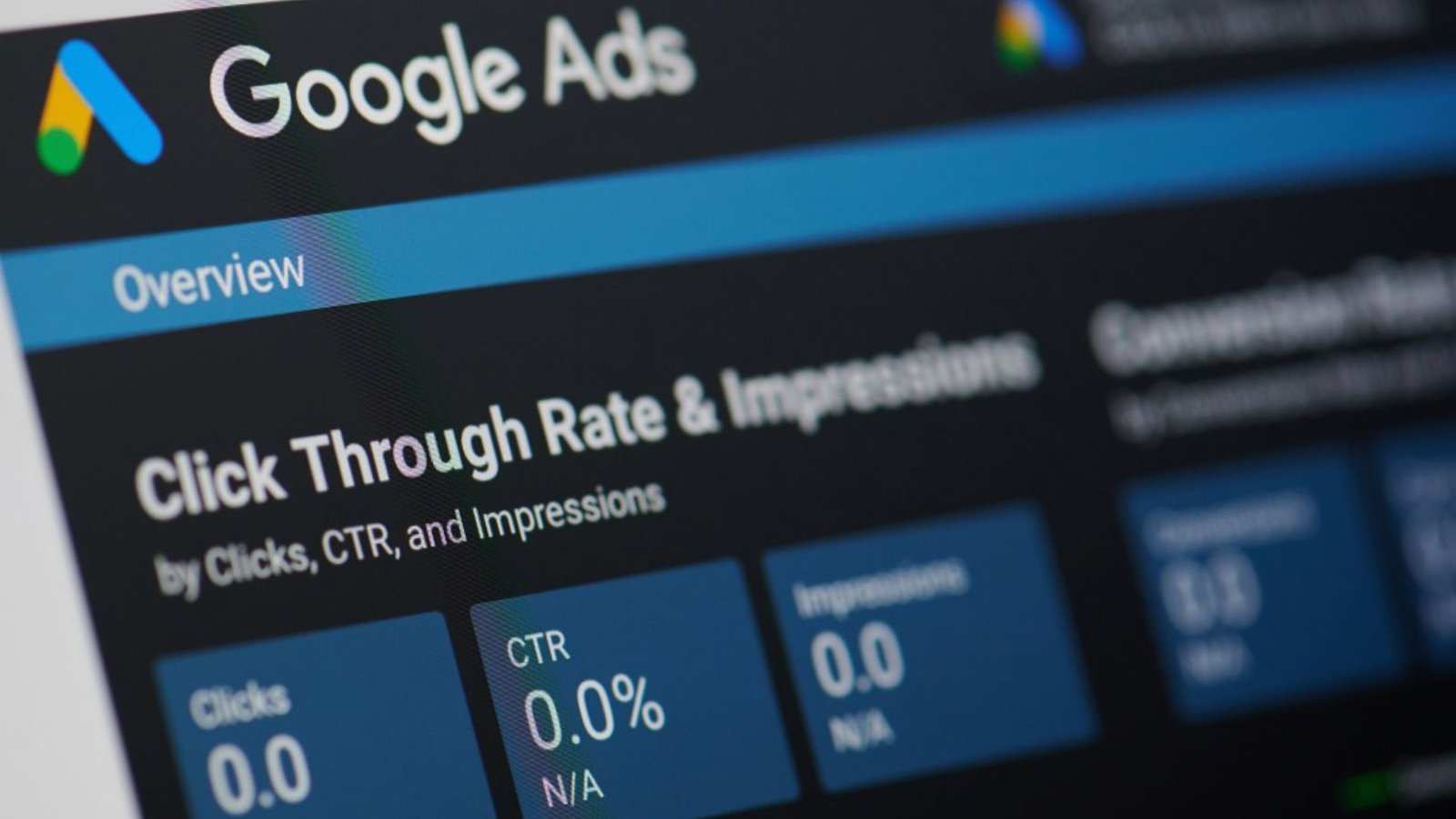Understanding Quality Score in paid search is crucial for optimizing your digital advertising efforts. Quality Score is a metric used by search engines, like Google, to determine the relevance and quality of your ads, keywords, and landing pages. A higher Quality Score can lead to better ad placements and lower costs per click. In this post, we’ll explore what Quality Score is, how it affects your paid search campaigns, and strategies to improve it.
What is Quality Score?
Quality Score is a rating system used by search engines to evaluate the quality and relevance of your ads and keywords. This score affects both the ad placement and the cost you pay per click. Quality Score ranges from 1 to 10, with 10 being the highest. It combines various factors, including the relevance of your ad text, the quality of your landing page, and the historical performance of your keywords. Understanding how Quality Score works is the first step in optimizing your paid search campaigns.
Factors Affecting Quality Score
Several factors contribute to your Quality Score. First, the relevance of your keywords to the ad text plays a significant role. Search engines analyze how well your keywords match the content of your ad and landing page. Second, the click-through rate (CTR) of your ads affects your Quality Score. Higher CTR indicates that users find your ad relevant and engaging. Third, the quality of your landing page is crucial. It should provide a good user experience and relevant information related to the ad. By addressing these factors, you can improve your Quality Score.
Why Quality Score Matters
Quality Score matters because it directly impacts your paid search campaign’s efficiency and effectiveness. A higher Quality Score leads to better ad placements, which means your ads appear higher on the search results page. This increased visibility can result in more clicks and conversions. Additionally, a higher Quality Score often results in lower costs per click (CPC). Search engines reward advertisers with high Quality Scores by charging them less for each click, which can lead to more cost-effective advertising.

Strategies to Improve Quality Score
Improving your Quality Score involves several strategies. First, focus on creating highly relevant and targeted ad copy. Ensure that your ad text closely matches the keywords you are targeting and addresses the needs of your audience. Second, optimize your landing page for relevance and user experience. The landing page should be directly related to the ad content and provide a seamless experience for visitors. Third, continually monitor and adjust your keywords based on performance. Regularly review keyword performance and refine your list to include high-performing and relevant keywords.
The Role of Ad Extensions
Ad extensions play a role in improving your Quality Score. By adding additional information to your ads, such as site links, callouts, or structured snippets, you provide more value to users and enhance the relevance of your ads. Ad extensions can improve your CTR, which in turn positively affects your Quality Score. Utilizing ad extensions effectively can contribute to better ad placements and lower CPC.
Monitoring Quality Score Metrics
Monitoring paid search metrics is essential for maintaining and improving your paid search performance. Regularly check your Quality Score in your ad management platform to track changes and identify areas for improvement. Analyze the components of your Quality Score, such as ad relevance, CTR, and landing page experience, to determine which factors need attention. By staying informed about your Quality Score, you can make data-driven decisions to optimize your campaigns.
Continuous Optimization
Continuous optimization is key to maintaining a high Quality Score. Regularly review and update your ad copy, keywords, and landing pages based on performance data. Implement A/B testing to evaluate different versions of your ads and landing pages, and use the results to make informed adjustments. By continuously optimizing your campaigns, you can ensure that your Quality Score remains high and your paid search efforts are effective.
Conclusion
In conclusion, understanding Quality Score is essential for optimizing your paid search campaigns. By focusing on the relevance of your ads, improving your landing page quality, and using ad extensions effectively, you can enhance your Quality Score and achieve better results. Regular monitoring and continuous optimization will help you maintain a high Quality Score, leading to improved ad placements and cost-effective advertising. Implement these strategies to maximize the success of your paid search efforts and achieve your marketing goals.




